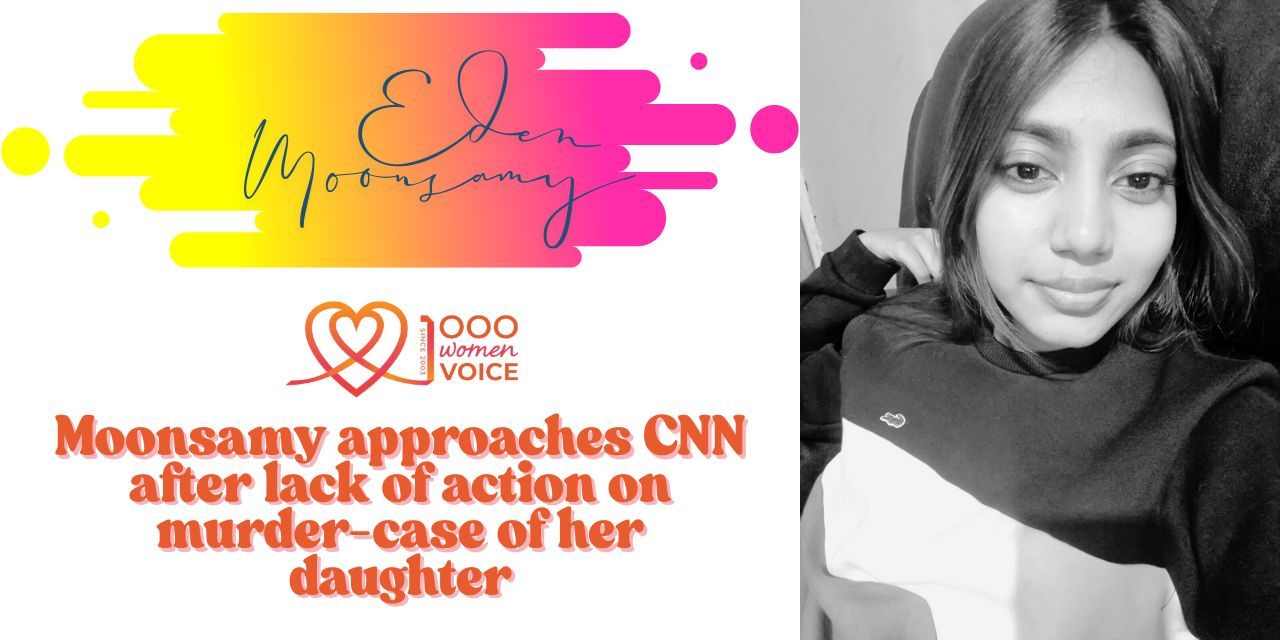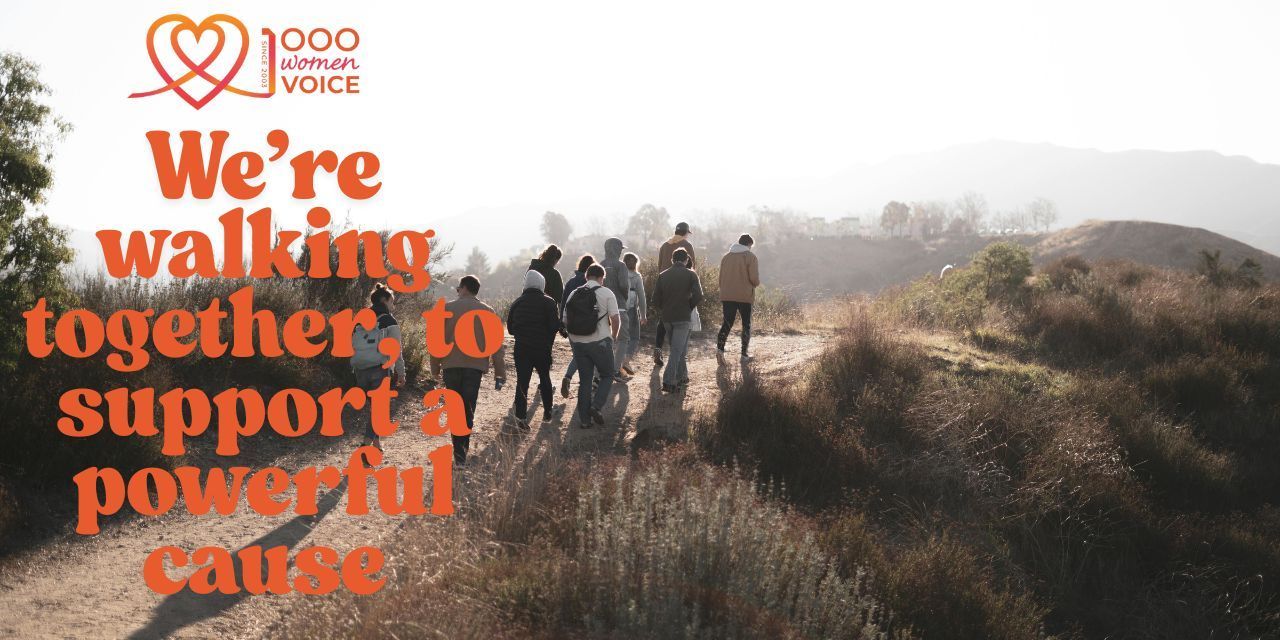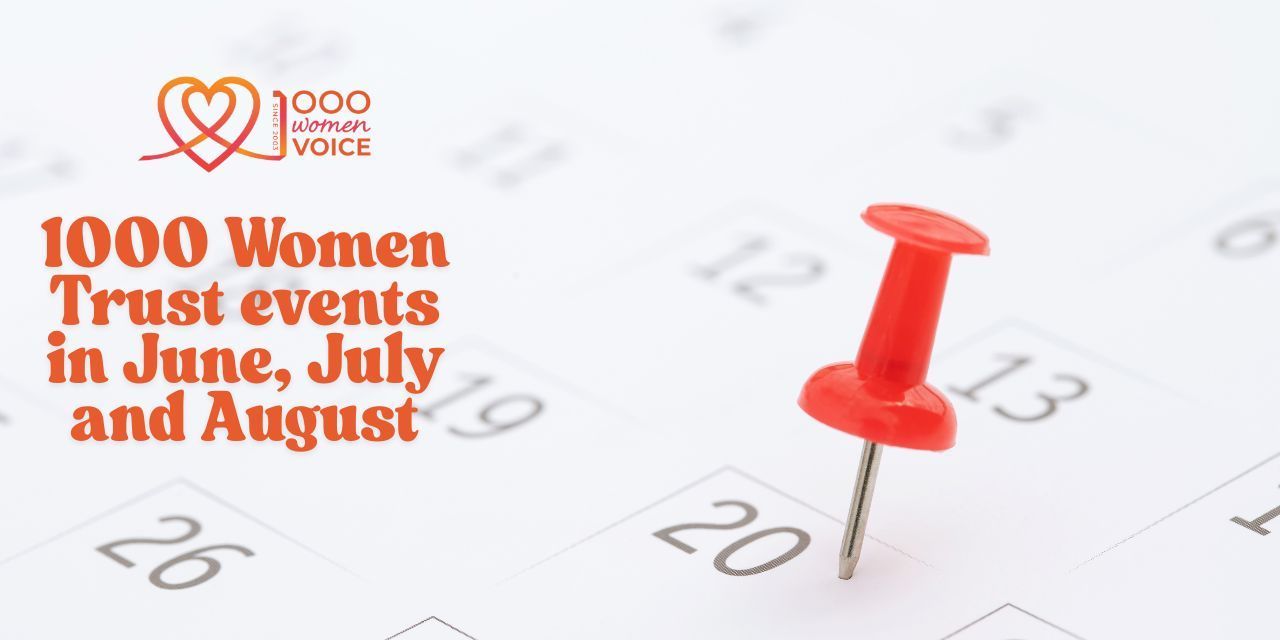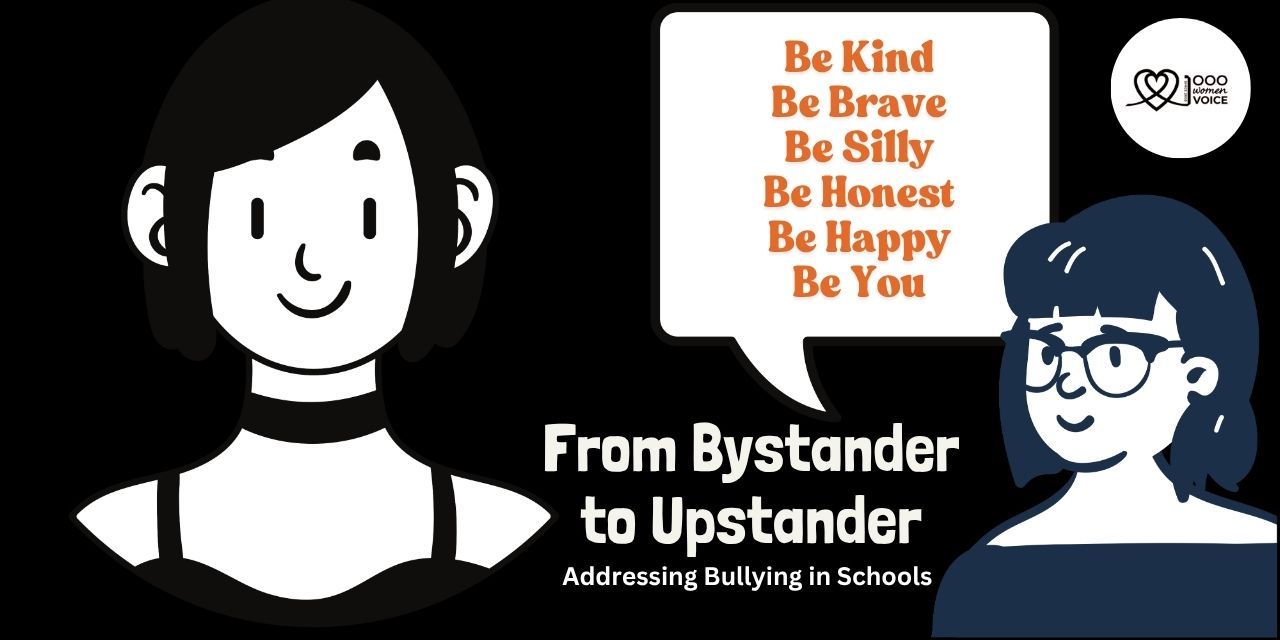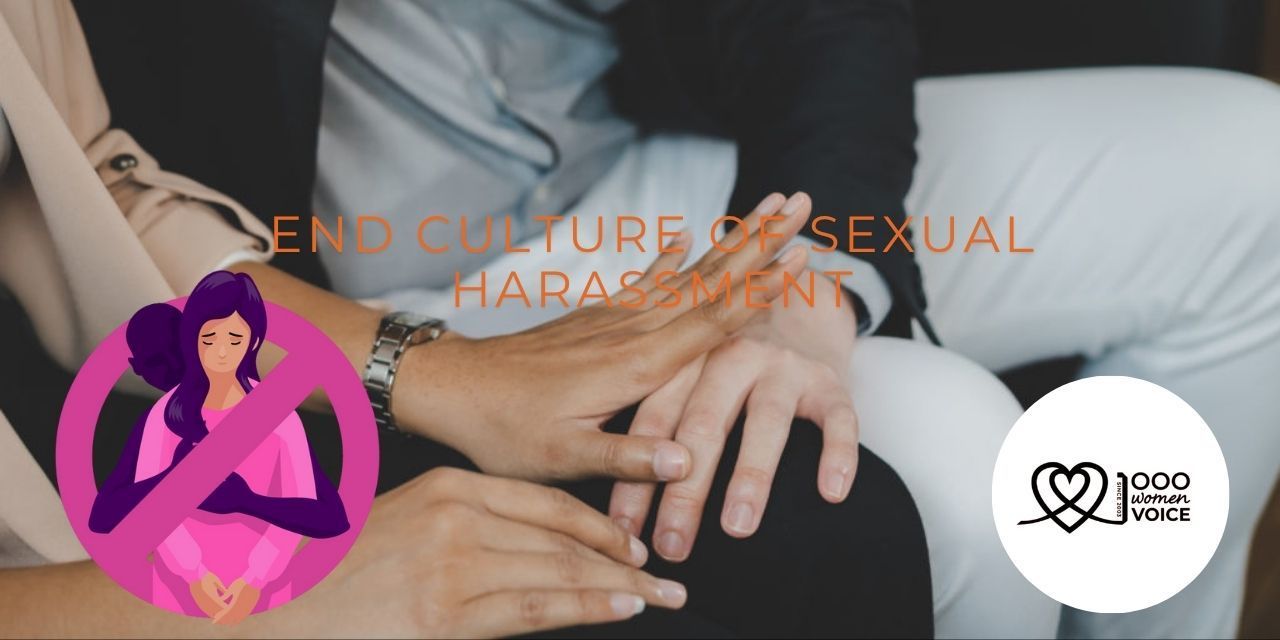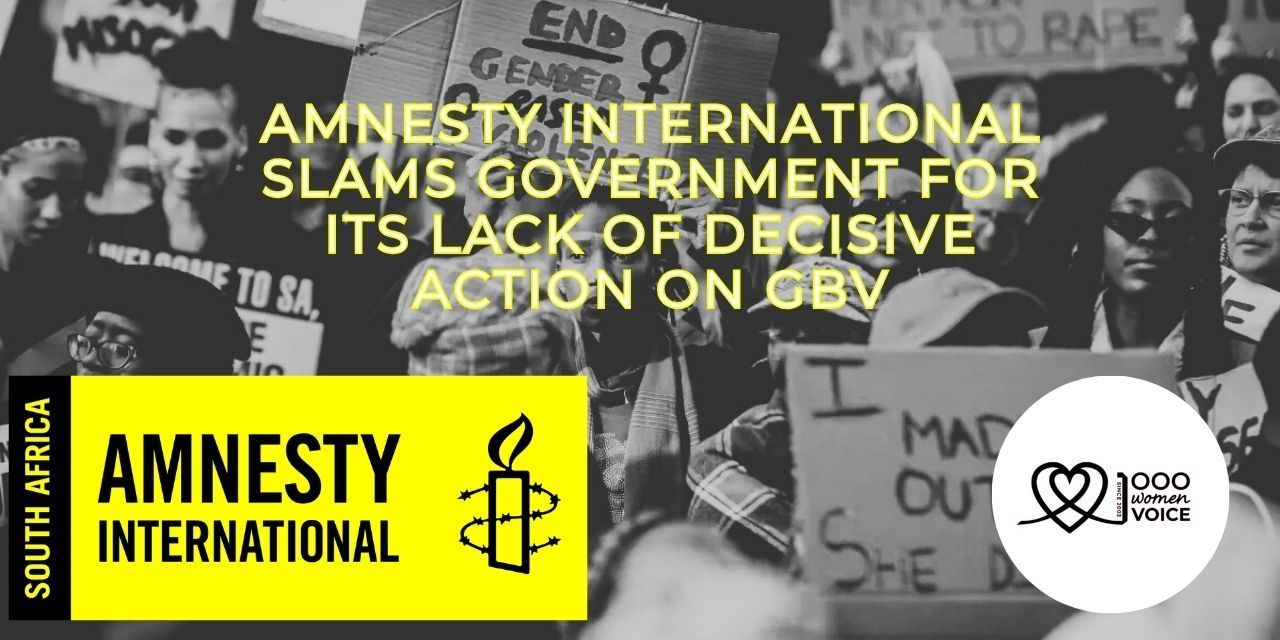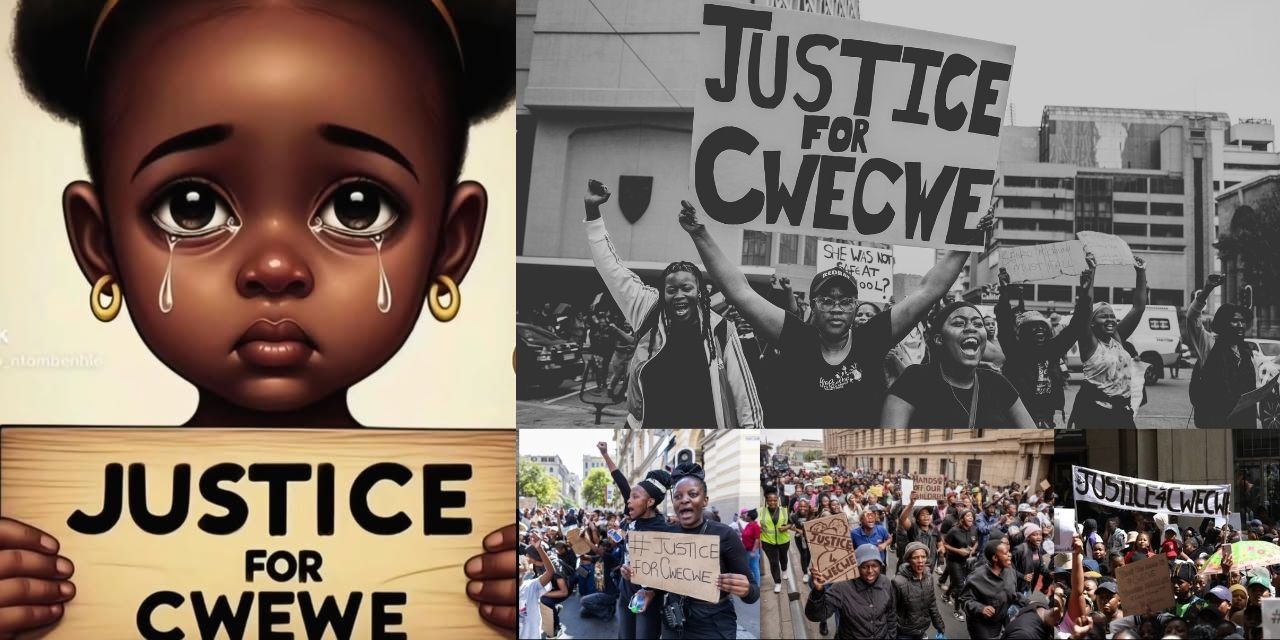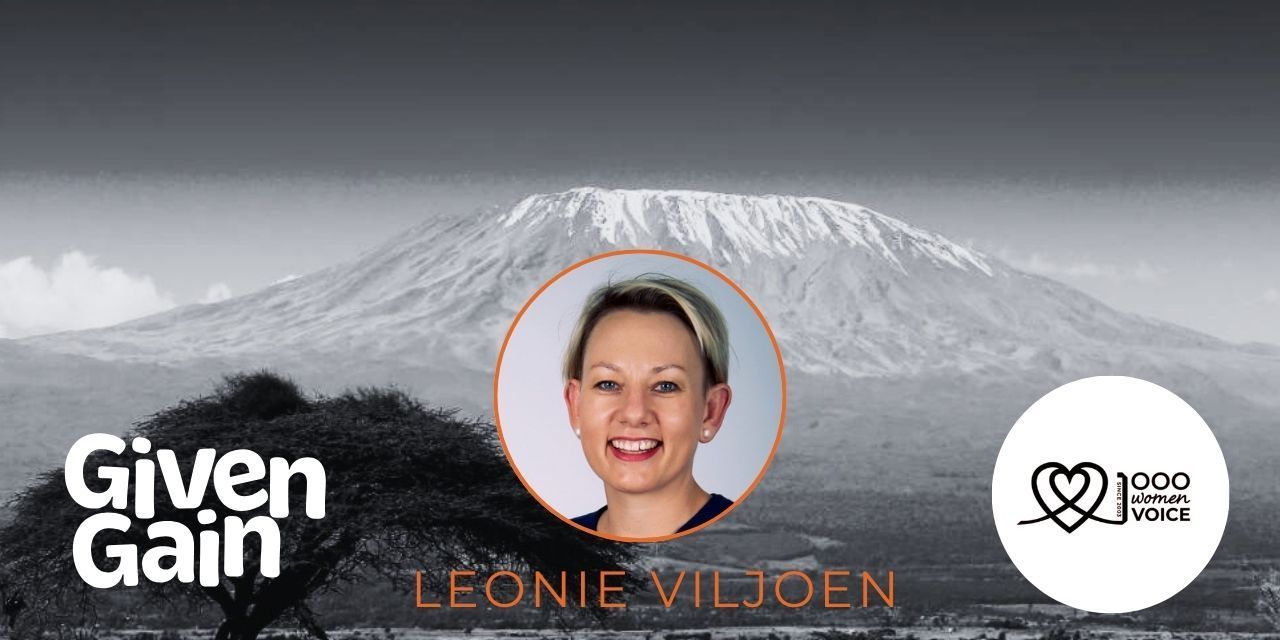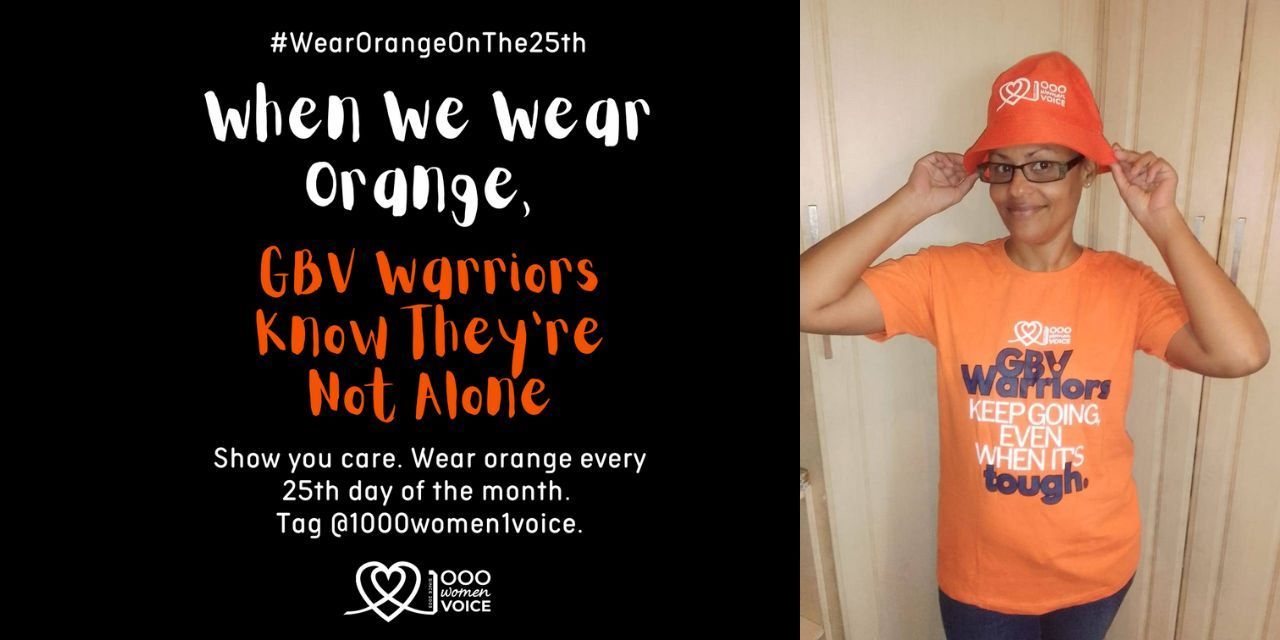Safe spaces, restoring women’s dignity keys to combat gender-based violence as new WE DARE campaign kicks off
CAPE TOWN. – Creating safe spaces for women in South African communities to address gender-based violence, while addressing the barriers that prevent them from using technology effectively to combat gender-based violence, are the central themes of the WE DARE campaign, to be launched on 22 nd November by 1000 Women Trust in collaboration with a network of organizations led by Nottingham School of Business on the eve of the 16 Days of Activism campaign.
WE DARE is an acronym for Women’s Equality: Digital Access and the Right to Expression.
Prof Mollie Painter, who conceptualized the WE DARE campaign, said the focus will be on creating safe spaces by convening women around sewing workshops in Wattville, Benoni, and this will be replicated in care homes, schools, and churches across South Africa.
The women will be taught to sew their own reusable sanitary pads. In addition, women will discuss women’s reproductive health and they will be given the tools to talk to girls about menstruation and their bodies.
The global disaster relief organization Cadena developed a best practice model that might be used as a blueprint to empower women to understand reproductive rights, said Painter.
Their experience has shown that once-off handouts do not succeed in helping communities rebuild. Women and girls are often in the most precarious positions following a disaster.
Their best practice model is built around promoting female hygiene through sanitary pads sowing workshops, also addressing gender bias, shame around menstruation, and ending period poverty.
Cadena does this through a bottom-up approach, which empowers selected host community leaders, who can understand and better communicate with the women and girls of the respective communities. They realized that these workshops also create safe spaces for women to talk about gender-based violence, Painter said.
In outlining the current digital barriers in South Africa that prevent women from effectively reporting gender-based violence, Painter said women also don’t have access to safe spaces where they can tell their stories, receive support and trauma counseling and access the digital resources made available to combat gender-based violence.
They also need to be empowered with skills and knowledge to address the economic precariousness that they experience, as they are often financially dependent on their abusers.
In some communities, women have access to electricity, but not in all. But even where electricity is available, most women do not have access to data. In cases where zero-rated data services are made available, women don’t have access to devices. Or having devices make them feel even more at risk of theft and violence.
They are also afraid that their abusers may be able to access the information that they are sharing digitally… and retaliate.
The focus in season one – which was kick-started in November 2020 – was to identify the barriers for women to use existing technology to effectively report and address gender-based violence.
Painter said the WE DARE pilots in the second season will be rolled out in specific communities across the country, and in partnership with specific community leaders. The goal is to then apply for larger funding to be able to up-scale successful pilots to reach the maximum number of communities.
Painter implored women and men to stand together in the fight against the second pandemic and pleaded with corporate South Africans and all other sectors to get involved.
“The broader process of fostering dignity and respect amongst all genders in South Africa, fighting toxic masculinity in private and public spaces, is a much longer and complex process. Men and women have to stand together in this fight, and we will be launching various other initiatives to facilitate this over the medium and longer-term,” she said.
“As President (Cyril) Ramaphosa said: Gender-based violence is a second, even more, serious pandemic that has been plaguing South Africa. It is clear that it will persist long after the COVID-pandemic ended if systemic solutions are not found. This is not a private issue that corporate South Africa and politicians can shirk because it is inconvenient and sensitive to talk about. Real solutions can be created, and all sectors have a responsibility to step up to contribute.”
The other universities that form part of the WE DARE network apart from Nottingham School of Business are GIBS (Gordon Institute of Business Science) and the University of Pretoria.
During phase one, 1000 Women Trust ran community focus groups characterized by network building. They identified the barriers for women to use existing technology and what support and education needed to be provided to communities to ensure the uptake of cell phone applications and how it could be used effectively to address gender-based violence in communities.
Councillors of 1000 Women Trust established that a lack of basic technology, the absence of support by community members, and the wrongful depiction of men as the head and of women as the neck, as well as economic dependency of women on men as breadwinners adversely impacted on women’s ability to report gender-based violence.
1000 Women Trust’s objectives are to build the capacity of women’s organisations that support, raise awareness about GBV and the services that are available, and provide opportunities for women and children who have been affected by violence to find their own solutions.
“We will keep on investing in women’s knowledge, skills, and resources so that we can eradicate violence against women and children,” says Tina Thiart, trustee of 1000 Women Trust.
“We invite women to join our efforts to create a South Africa where women can live free of violence.”
